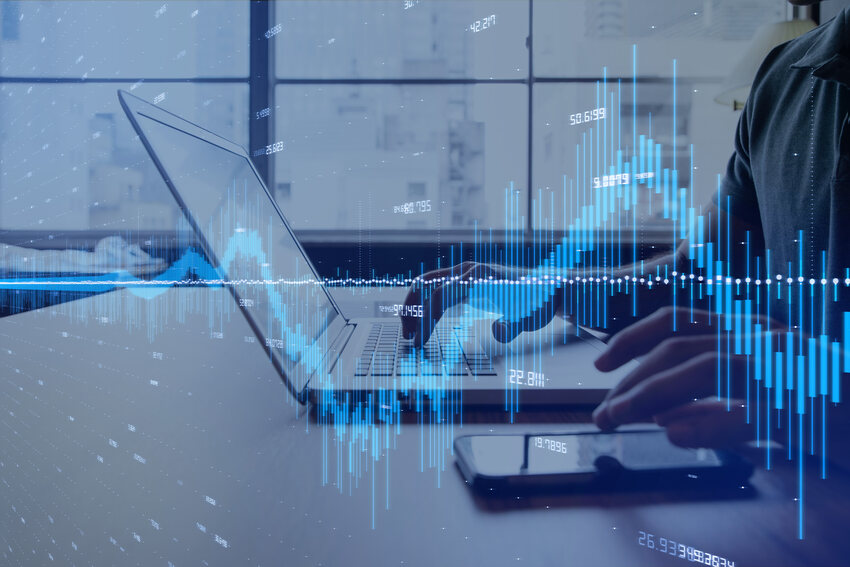The financial technology (fintech) industry is revolutionizing disaster resilience by leveraging innovative digital solutions to mitigate risks, enhance preparedness, and facilitate recovery efforts. This article explores the transformative role of fintech innovations in disaster resilience, highlighting how these technologies enable financial inclusion, access to capital, risk management, and rapid response in the face of disasters.
Digital Payment Systems
Fintech companies are pioneering digital payment systems that facilitate seamless transactions and financial services, even in disaster-affected areas with limited access to traditional banking infrastructure. Mobile payment platforms, peer-to-peer (P2P) lending apps, and blockchain-based payment solutions enable individuals and businesses to access funds, transfer money, and conduct transactions remotely, ensuring financial continuity during disasters.
Microinsurance and Risk Management Platforms
Fintech startups are developing microinsurance and risk management platforms that provide affordable insurance coverage to individuals and businesses vulnerable to disasters. These platforms leverage data analytics, satellite imagery, and machine learning algorithms to assess risks, calculate premiums, and automate claims processing, making insurance more accessible and responsive to the needs of disaster-prone communities.
Crowdfunding and Peer-to-Peer (P2P) Lending Platforms
Crowdfunding and P2P lending platforms empower individuals and communities to raise funds and access capital for disaster preparedness, response, and recovery initiatives. Fintech companies facilitate peer-to-peer lending and crowdfunding campaigns that enable individuals, businesses, and nonprofit organizations to mobilize financial resources quickly, bypassing traditional banking channels and bureaucratic processes.
Digital Identity and Know-Your-Customer (KYC) Solutions
Fintech innovations in digital identity and know-your-customer (KYC) solutions enable rapid onboarding of customers and beneficiaries, facilitating access to financial services and aid distribution during disasters. Biometric authentication, blockchain-based identity verification, and digital KYC processes streamline the identification and verification of individuals, reducing administrative burdens and expediting financial assistance delivery in emergency situations.
Data Analytics and Predictive Modeling
Fintech companies harness data analytics and predictive modeling techniques to assess disaster risks, forecast economic impacts, and optimize resource allocation for disaster resilience initiatives. By analyzing big data sets, satellite imagery, weather patterns, and socio-economic indicators, fintech platforms generate actionable insights that inform decision-making processes, enhance preparedness efforts, and mitigate financial losses associated with disasters.
Smart Contracts and Decentralized Finance (DeFi) Solutions
Smart contracts and decentralized finance (DeFi) solutions powered by blockchain technology offer innovative ways to automate financial transactions, manage contracts, and facilitate decentralized funding mechanisms for disaster resilience projects. Smart contracts enable automated payouts based on predefined triggers or conditions, ensuring swift and transparent disbursement of funds for disaster response and recovery efforts without intermediaries.
Financial Education and Digital Literacy Programs
Fintech companies collaborate with governments, nonprofits, and educational institutions to develop financial education and digital literacy programs that empower individuals and communities to make informed financial decisions and leverage fintech solutions for disaster resilience. These programs provide training, workshops, and online resources on topics such as budgeting, savings, investment strategies, and cybersecurity, equipping individuals with the knowledge and skills to navigate financial challenges during disasters.
The fintech industry is at the forefront of driving innovation in disaster resilience, offering transformative digital solutions that enable financial inclusion, access to capital, risk management, and rapid response in the face of disasters. From digital payment systems and microinsurance platforms to crowdfunding campaigns and blockchain-based solutions, fintech innovations empower individuals and communities to build financial resilience, mitigate risks, and recover from disasters more effectively. By leveraging technology, data analytics, and financial expertise, fintech companies play a crucial role in enhancing disaster preparedness, response, and recovery efforts worldwide.

